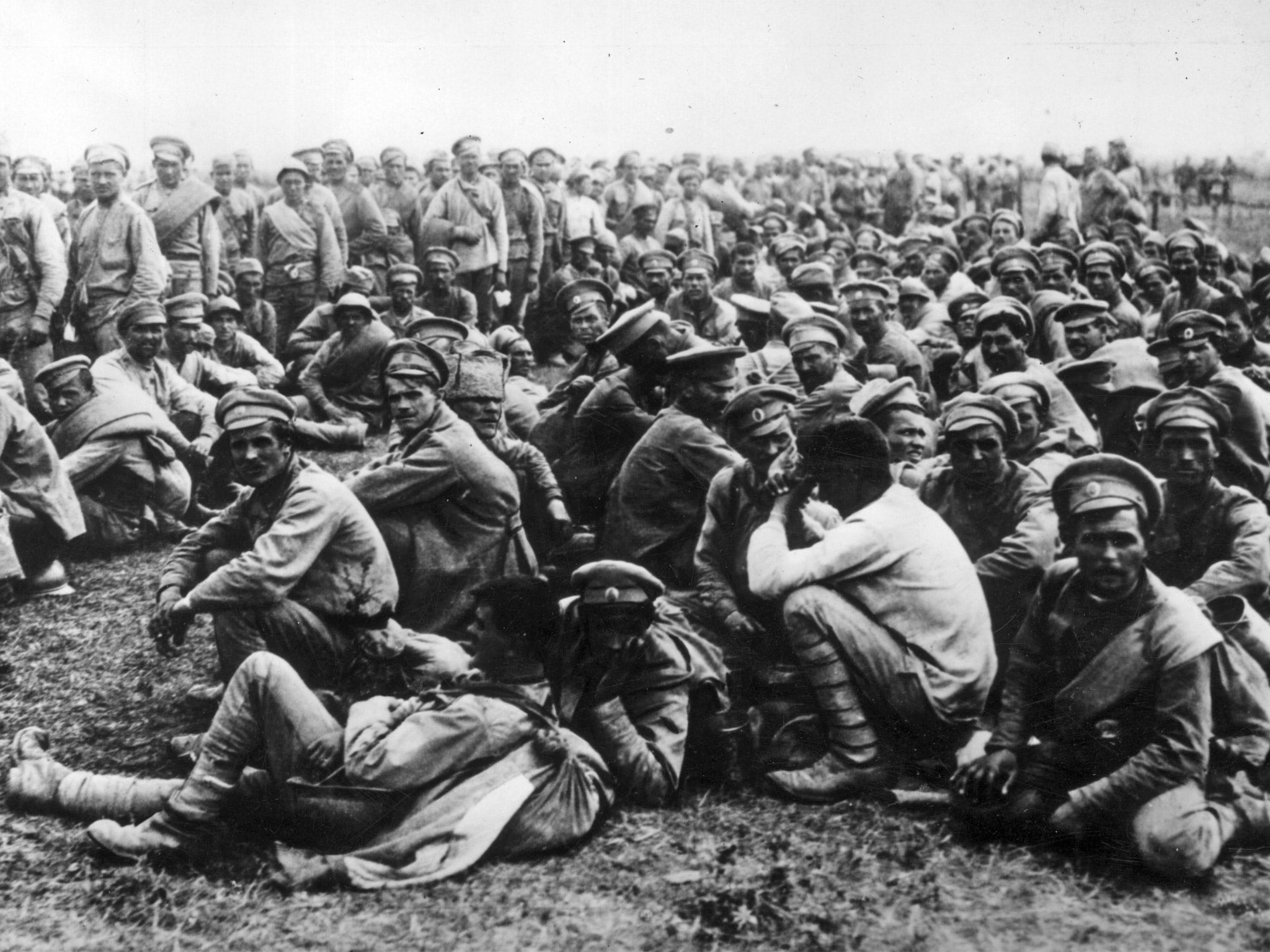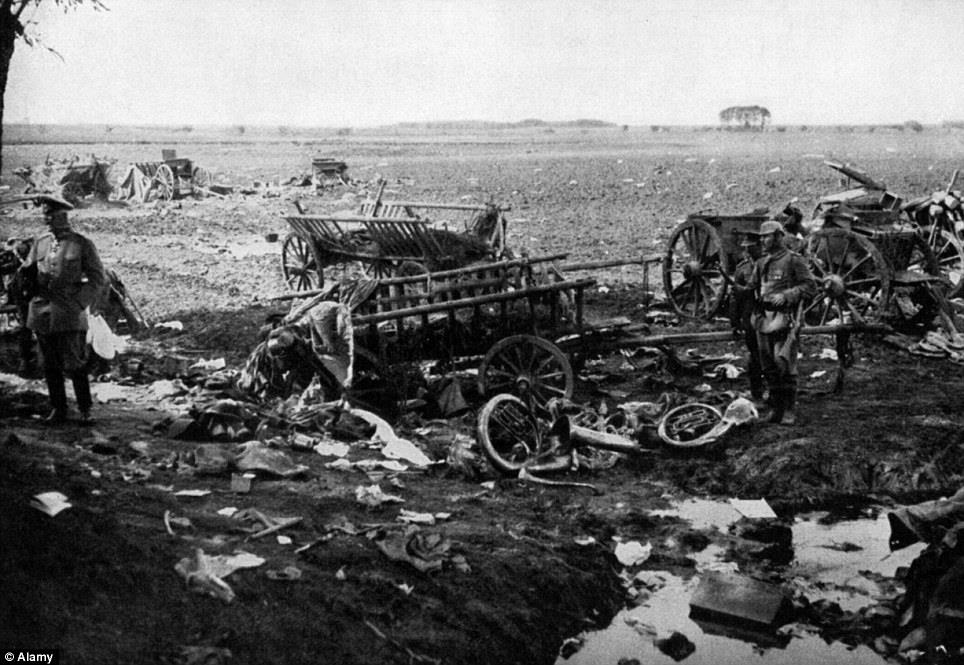
The First Battle of the Marne was conducted between 6-12 September 1914, with the outcome bringing to an end the war of movement that had dominated the First World War since the beginning of August. The battle was orchestrated by the two masterminds of German Strategy/Tactics in WWI, Gen. The Battle of the Somme, also known as the Somme Offensive, was fought during the First World War from 1 July to 18 November 1916. August 26-30, 1914: The Battle of Tannenberg. The First Battle of Ypres was fought in 1914, during WWI (1914-1918). The Battle of Jutland remains one of the most significant naval battles in the history of warfare on Earth. On 31 October 1917, the heavily fortified town of Beersheba was the scene of a historic charge by the men of the 4th Australian Light Horse Brigade. This part of the First World War marked one of the only major naval battles, and therefore, the outcome of the battle sent a clear message from the winners.
BATTLE OF TANNENBERG SIGNIFICANCE SERIES
The Battle of Gallipoli was a struggle that took place in World War One when British and Anzac forces tried to take a series of straits called the Dardanelles. The Battle of Tannenberg fought between Russia and Germany, was one of the first battles of the war and the first major battle won by Germany on the Eastern Front. With approximately a third of a million British and Allied soldiers either. It was quickly defeated at the Battle of Tannenberg (August 1914). Which of the following statements correctly describes Hitler's final solution? The Battle of Jutland is considered to be the only major naval battle of World War One. The Battle of Gallipoli was a battle that had great significance in World War One. And the gesture of sending help to the east hurt the war effort in the west, possibly costing Germany a quick victory, and resulting in a stalemated trench war.One hundred years ago today, on August 4, 1914, German troops began pouring over the border into Belgium, starting the first major battle of World War I. Ironically, in 1914 the German Empire did send help, but by the time that this help arrived it was no longer needed. However, in 1914, superb strategy and modern railroads won the battle against overwhelming odds. In 1410 the Teutonic Knights were also greatly outnumbered and the German Empire was busy with battles in the west, unable to provide needed support. The Tannenberg victory not only turned the Eastern Front in Germany’s favor, but it also was significant because the defeat of the Russians (consisting of Lithuanians, Poles, Tartars and Russians) was a reversal of the Teutonic Knights’ defeat in 1410 at the same location. War on the Eastern Front continued to be fought, but now on German terms and on Russian soil in a traditional war… no trenches… until the collapse of the Russian government and German victory in 1917. With victory over the first Russian army secured, the German troops were transported to the other battle, again by rapid railroad transport, and a second disaster befell the Russians…in 7 days two previously victorious Russian armies were destroyed.

Meanwhile, a small force of local East Prussian militia held off the entire second Russian army, buying time until the regular army could relieve them.


Its commander, Samsanov, committed suicide while his few survivors were being routed. With skill, valor and strategy the Germans completely destroyed the Russian army. German troops were moved on railroad cars to carry out fast maneuvers. In a daring move, almost the entire German force was gathered together and sent to crush the first of the two Russian armies in East Prussia. Upon arrival in East Prussia, they went to work immediately. Whereas Ludendorff was rash, Hindenburg was calm and provided the gravitas to allow Ludendorff’s plans to be executed. Ludendorff was already famous for his success in Belgium and recognized as a genius strategist and workaholic. At the train station in Hanover he joined his new deputy, Erich von Ludendorff, and they sped off to the east. Paul von Hindenburg, 66, a retired Prussian General, was called into service to take over command of the relatively small force, one army, that was having trouble holding back the Russian invasion of East Prussia.

The Heroes of Tannenberg, Hindenburg and Ludendorff, saved East Prussia in August 1914 with a decisive victory against overwhelming odds.


 0 kommentar(er)
0 kommentar(er)
